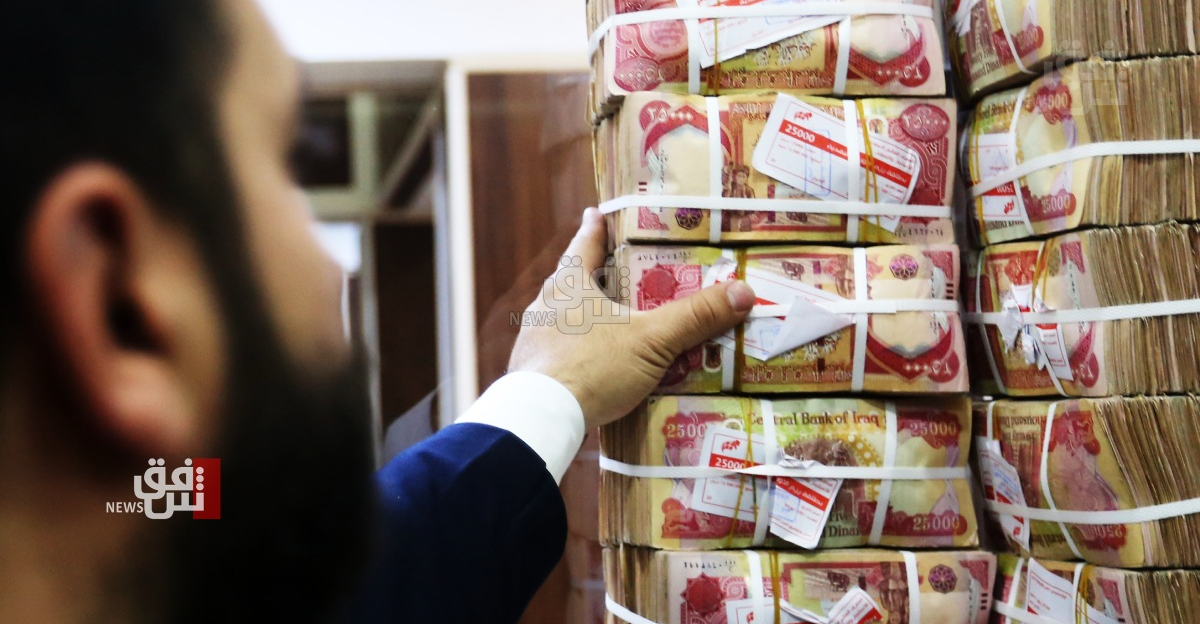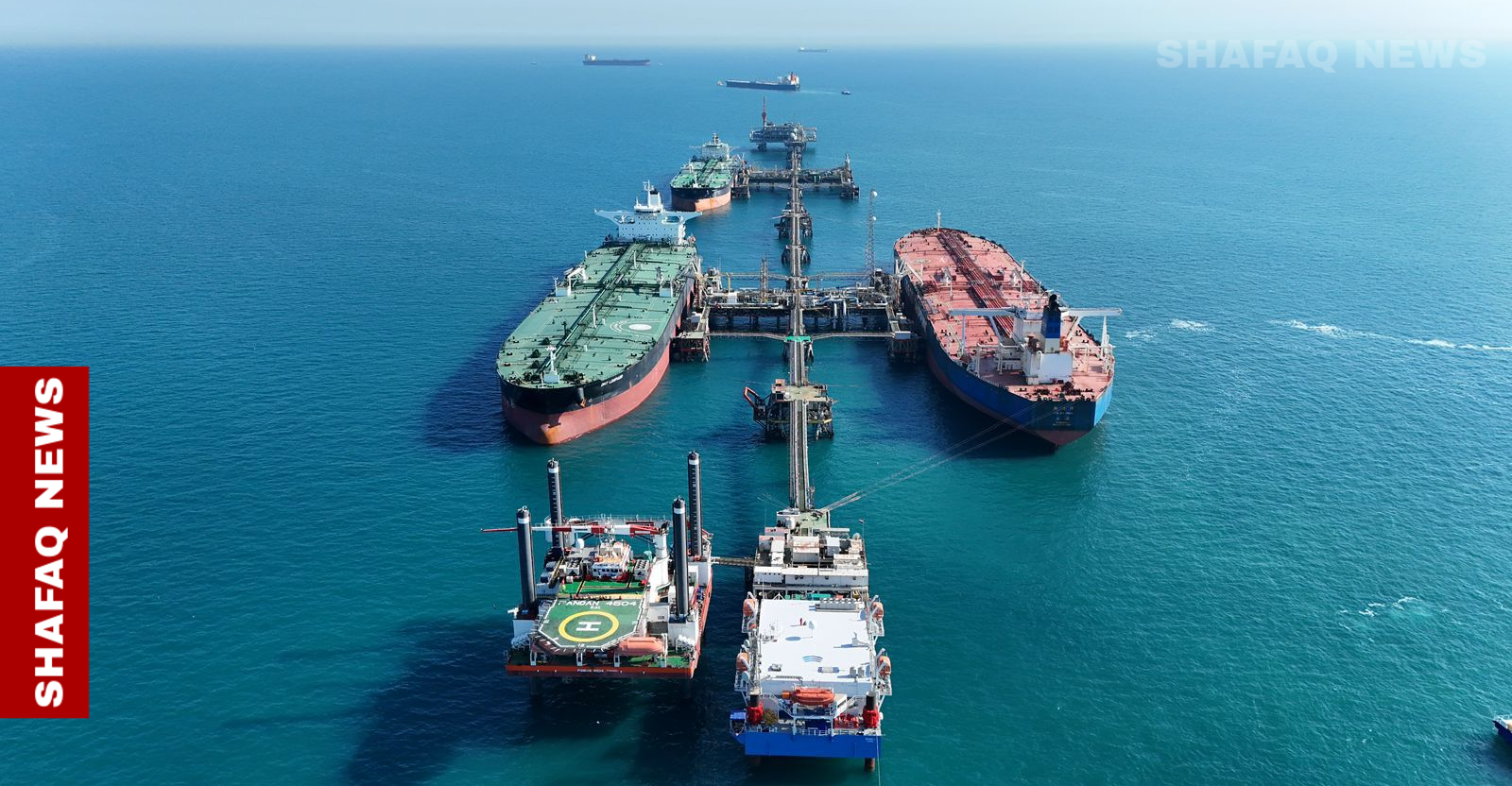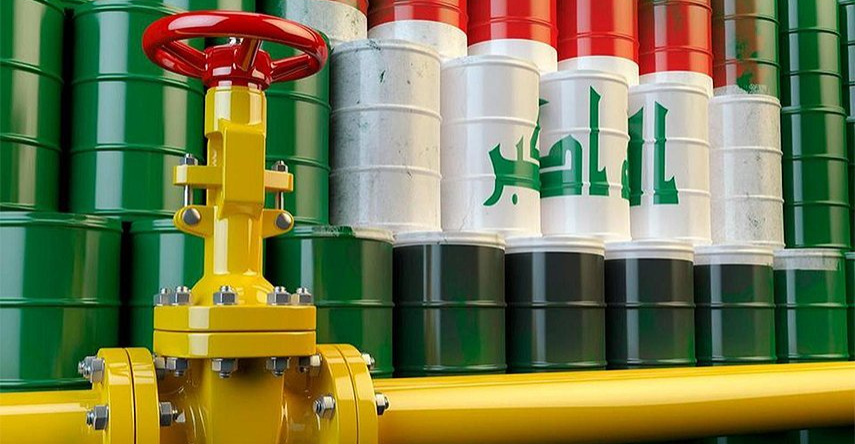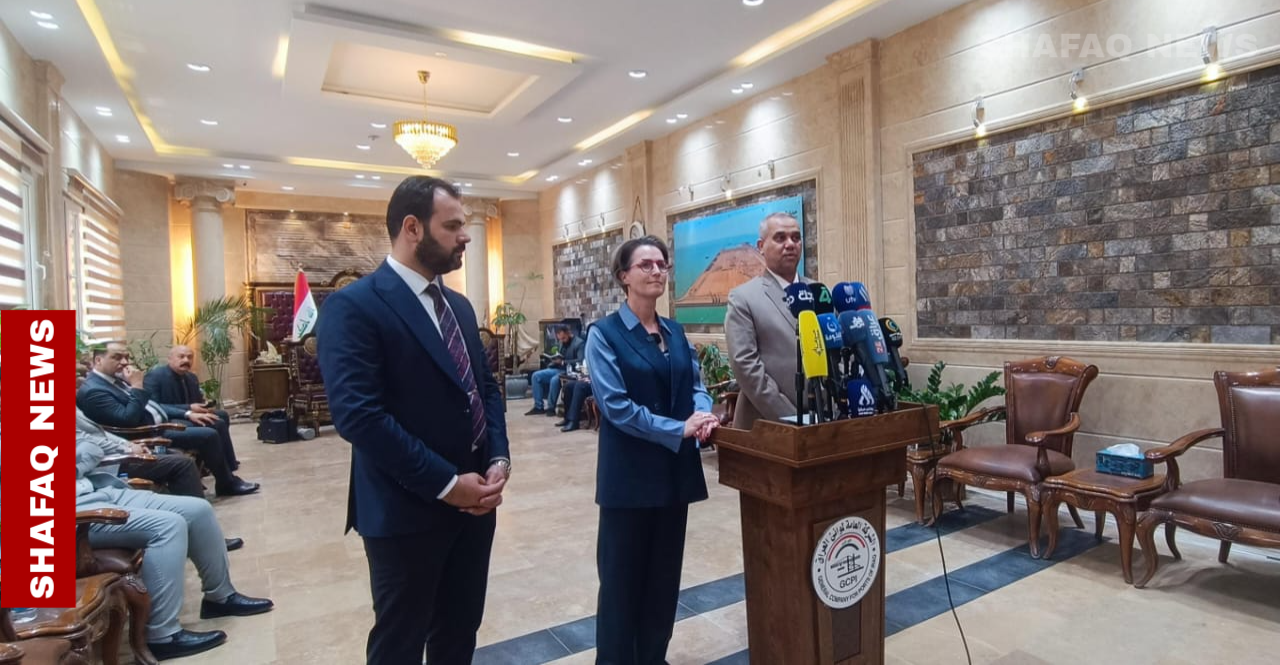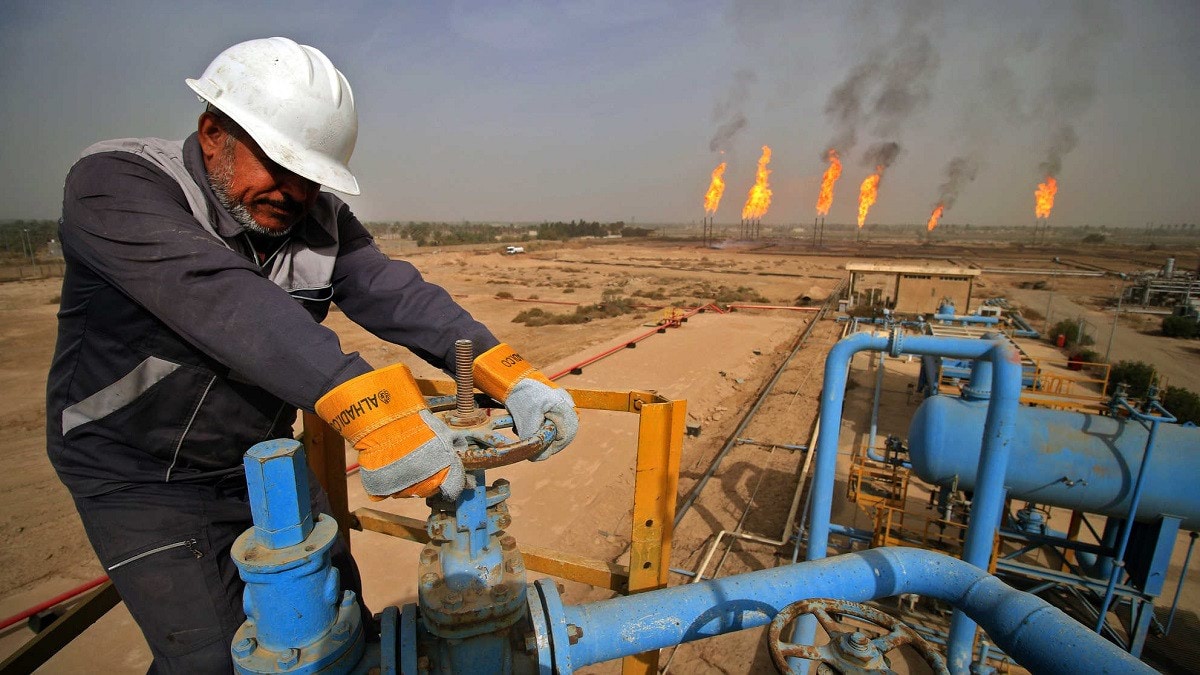12% non-oil revenues in 2024: how can Iraq overcome the oil curse?
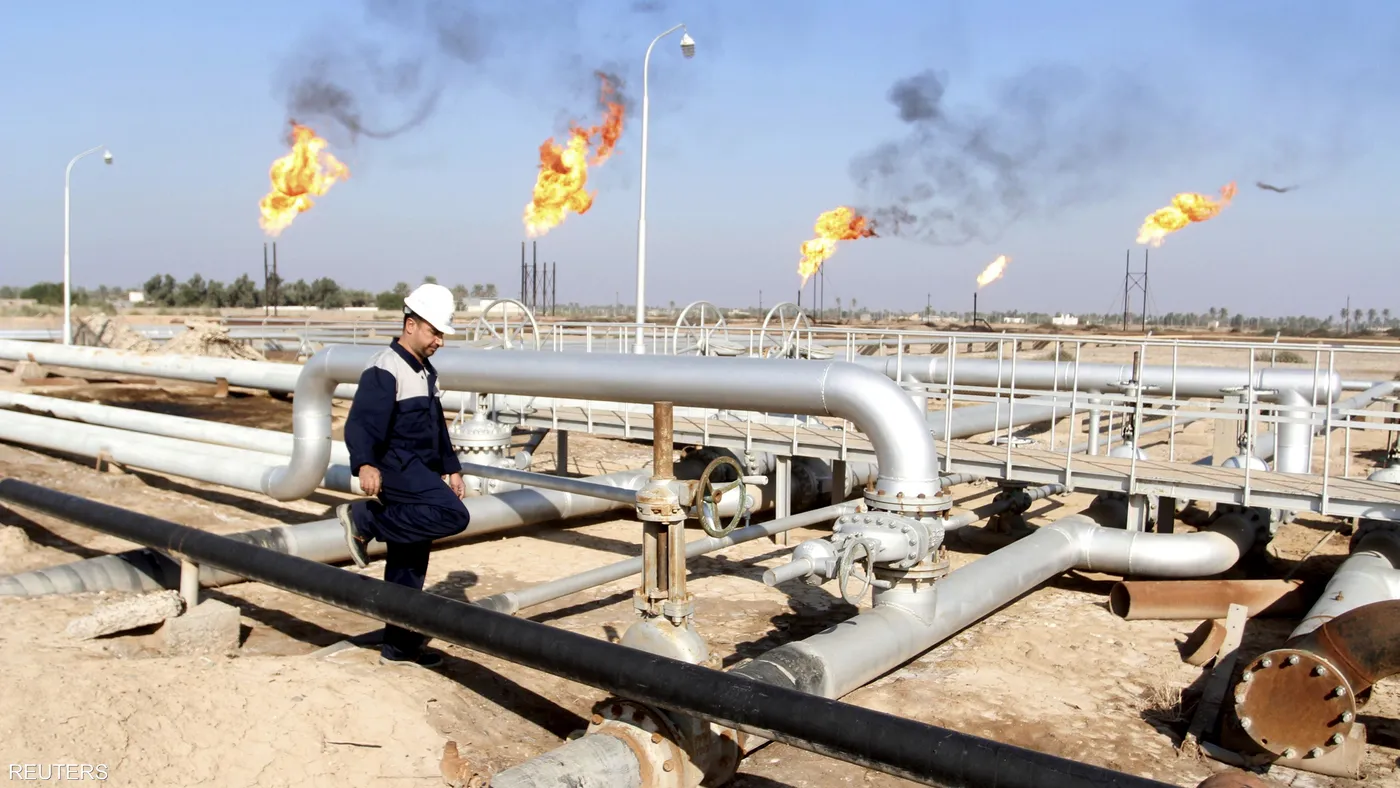
Shafaq News/ Iraq recorded a significant rise in non-oil revenues by theend of 2024, reaching 12% of total public revenues, compared to 7% in 2023.However, economic experts argue that this figure falls short of thegovernment’s planned target.
In an interview with Shafaq News agency, economist Nabil Al-Marsoumistated that "the total non-oil revenues achieved in Iraq as of Octoberamounted to 14.438 trillion dinars (more than 39 billion USD), representing 12%of total public revenues, compared to 7% in 2023."
The government had aimed for 27 trillion dinars in non-oil revenues or20% of total public revenues, but this goal has not yet been met, with onlyhalf of the target achieved so far.
Al-Marsoumi confirmed that "Prime Minister Al-Sudani planned toachieve 20% of public revenues from non-oil sources, but this has not beenrealized either, with only 12% achieved so far, just exceeding half thetarget."
The rise in non-oil revenues, which include taxes, fees, state-ownedenterprise profits, and other financial sources, is vital for Iraq's economy.Experts emphasize that the main objective is to reduce the country’s dependenceon volatile oil revenues due to fluctuating prices.
The biggest challenge Iraq faces in boosting non-oil revenues is thelack of economic diversification. Al-Marsoumi urged the government to"increase agricultural, industrial, and other economic activities withinthe GDP, by creating an internal economic cycle that secures job opportunitiesfor citizens."
Oil contributes to about half of Iraq's GDP. Experts stress that Iraqstill lacks a clear developmental plan supported by legal frameworks.
Al-Marsoumi noted, "When production diversifies, we need anefficient tax system capable of channeling tax revenues into the publictreasury. In reality, we are far from this."
Doubling Non-Oil Revenues
Economic expert Mustafa Hantoush believed that one of the key factorsbehind the increase in non-oil revenues in Iraq during 2024 is the success ofthe United Nations’ SCOD program. This initiative has led to a significantshift, with many containers now coming through "regulated customs"rather than entering haphazardly, which has helped double customs and borderrevenues.
In his remarks to Shafaq News, Hantoush added, "Some self-financingcompanies have contributed to higher non-oil revenue rates. The state has alsobeen able to withdraw part of these companies' revenues and return them asneeded."
However, non-oil revenues suffer from two key challenges: the lack oflegal frameworks that allow the state to claim revenues from various sectors,and the absence of electronic systems. For example, when the Central Banktransfers $65 billion for purchasing goods, customs and taxes worth $6 billionshould be collected from these amounts. However, only about $1.5 billion hasbeen collected to date.
Hantoush believed that "linking the Central Bank’s operations with remittances,credits, and customs processes, and collecting fees in advance, couldsignificantly increase non-oil revenues." Examples of this includecollecting insurance and tax fees on goods upfront, as well as automating taxand traffic revenue systems.
Experts agree that increasing non-oil revenues would allow thegovernment to operate with a broader financial space. There are many potentialsources of non-oil revenue, including fees from the Ministry of Oil,Electricity, Transport, and Communications, as well as the full utilization ofthese sectors' capabilities.
Hantoush also pointed to state-owned facilities with massive untappedwealth, such as the Baghdad Municipality and other municipalities withsignificant property holdings, urging the government to exploit these assetsthrough specialized committees to help boost state revenues.

